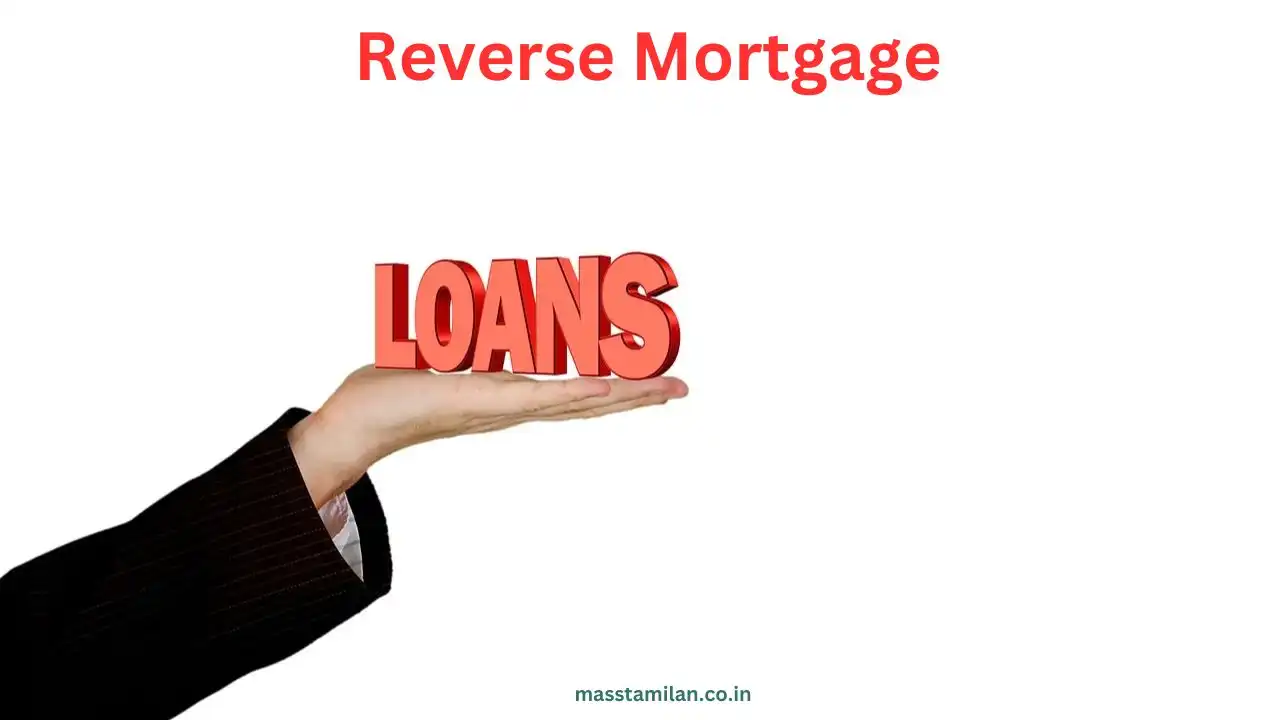As we navigate the complexities of financial planning for retirement, reverse mortgages emerge as a valuable option for many homeowners aged 62 and older. This financial product allows seniors to convert a portion of their home equity into cash without needing to sell their homes. In this article, we will explore the ins and outs of reverse mortgages, discussing their advantages, eligibility requirements, and potential pitfalls.
What is a Reverse Mortgage?
A reverse mortgage is a loan available to homeowners that enables them to borrow against the equity in their home. In contrast to traditional mortgages, where borrowers are required to make monthly payments to the lender, reverse mortgages enable homeowners to obtain payments from the lender instead. This can be a significant financial relief for seniors looking to supplement their retirement income.
How Does a Reverse Mortgage Work?
In a reverse mortgag, the lender makes payments to the homeowner based on the equity in the home. The homeowner is not required to repay the loan until they move out of the home, sell the property, or pass away. At that point, the loan must be repaid, typically through the sale of the home. Any remaining equity after the loan is repaid goes to the homeowner or their heirs.
Types of Reverse Mortgages
1. Home Equity Conversion Mortgage (HECM)
The Home Equity Conversion Mortgage (HECM) is the most widely used form of reverse mortgage. Backed by the Federal Housing Administration (FHA), it provides homeowners with multiple options, such as:
- Lump-Sum Payment: A one-time cash payment at the beginning of the loan.
- Monthly Payments: Regular disbursements made to the homeowner.
- Line of Credit: Access to funds as needed, providing flexibility.
2. Proprietary Reverse Mortgages
These are private loans not insured by the government. Proprietary reverse mortgages are typically available for higher-value homes and may offer larger loan amounts than HECMs.
3. Single-Purpose Reverse Mortgages
Offered by some state and local government agencies, these loans are used for a specific purpose, such as home repairs or property taxes. They are usually less expensive but come with more restrictions.
Advantages of Reverse Mortgages
1. Access to Cash Without Selling Your Home
One of the primary benefits of a reverse mortgage is that it allows homeowners to access cash while continuing to live in their home. This is particularly advantageous for seniors who want to maintain their lifestyle without the burden of monthly mortgage payments.
2. No Monthly Mortgage Payments
Borrowers are not required to make monthly payments on a reverse mortgage. This can free up cash for other essential expenses, allowing homeowners to use their funds more flexibly.
3. Tax-Free Income
The money received from a reverse mortgage is generally considered tax-free income. This means seniors can supplement their retirement income without worrying about tax implications.
4. Maintain Ownership of Your Home
As long as the borrower meets the requirements of the loan, such as paying property taxes, homeowners maintain ownership of their property.
Eligibility Requirements for Reverse Mortgages
To be eligible for a reverse mortgage, applicants need to satisfy certain requirements:
1. Age Requirement
All borrowers must be at least 62 years old. If there are multiple borrowers, the youngest borrower must meet this age requirement.
2. Home Equity
Borrowers must have sufficient equity in their home. Typically, this means the home should be fully paid off or have a low outstanding mortgage balance.
3. Primary Residence
The home must be the borrower\’s primary residence. Second homes or investment properties do not qualify.
4. Financial Assessment
Lenders will conduct a financial assessment to ensure borrowers can cover property taxes, homeowner’s insurance, and maintenance costs.
Potential Pitfalls of Reverse Mortgges
1. Accumulating Interest
While borrowers do not make monthly payments, interest on the loan accumulates over time. This can significantly reduce the equity in the home, impacting heirs’ inheritance.
2. Impact on Benefits
Receiving money from a reverse mortgage may affect eligibility for government assistance programs such as Medicaid or Supplemental Security Income (SSI). It is crucial to consult a financial advisor before proceeding.
3. Maintenance and Taxes
Homeowners are required to keep up with property taxes, homeowners insurance, and general maintenance of the property. Neglecting these responsibilities could result in foreclosure.
4. Costs and Fees
Reverse mortgages can come with high closing costs and fees. Borrowers should thoroughly understand these costs and evaluate whether the benefits outweigh them.



